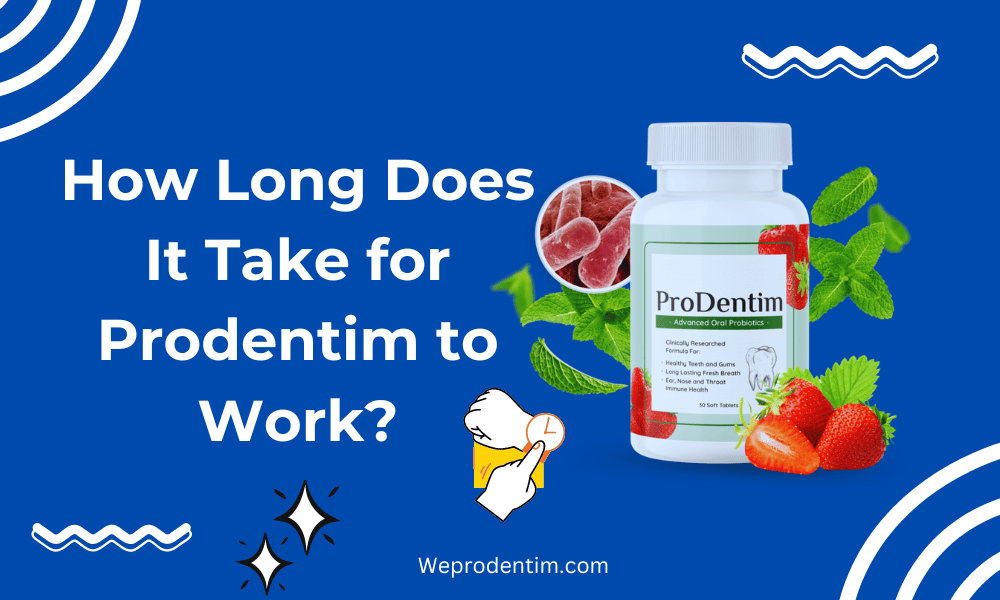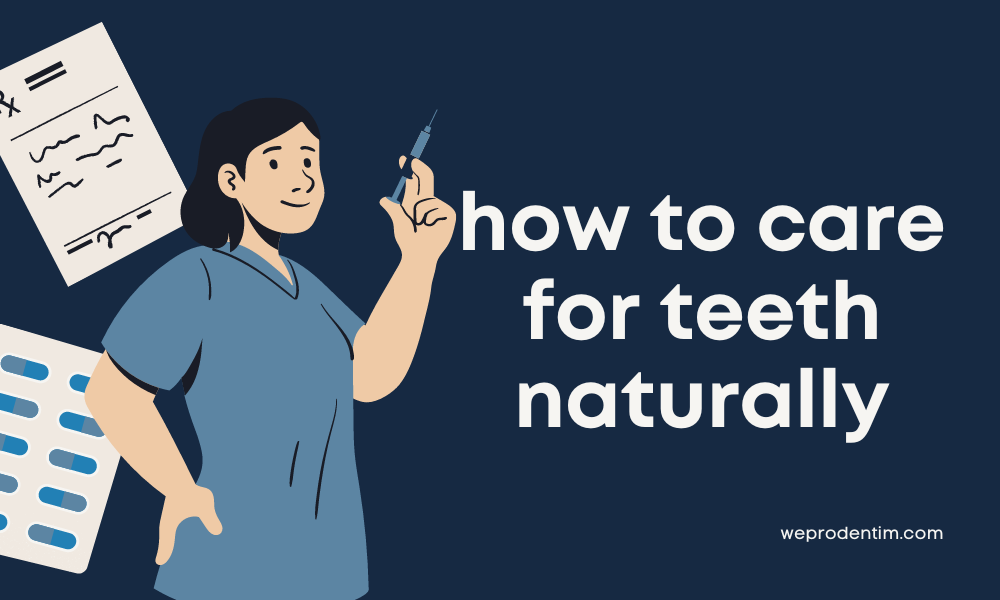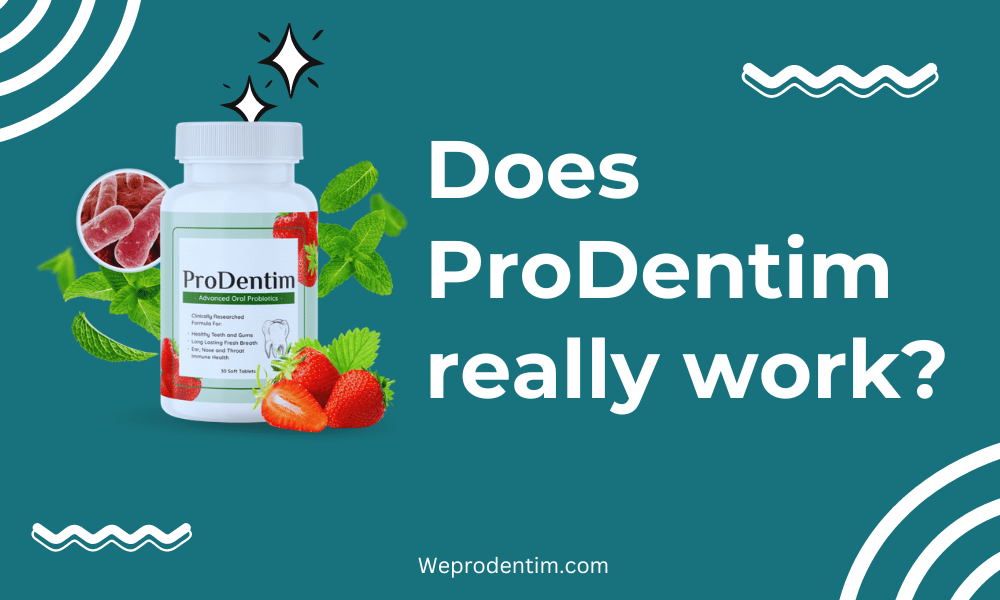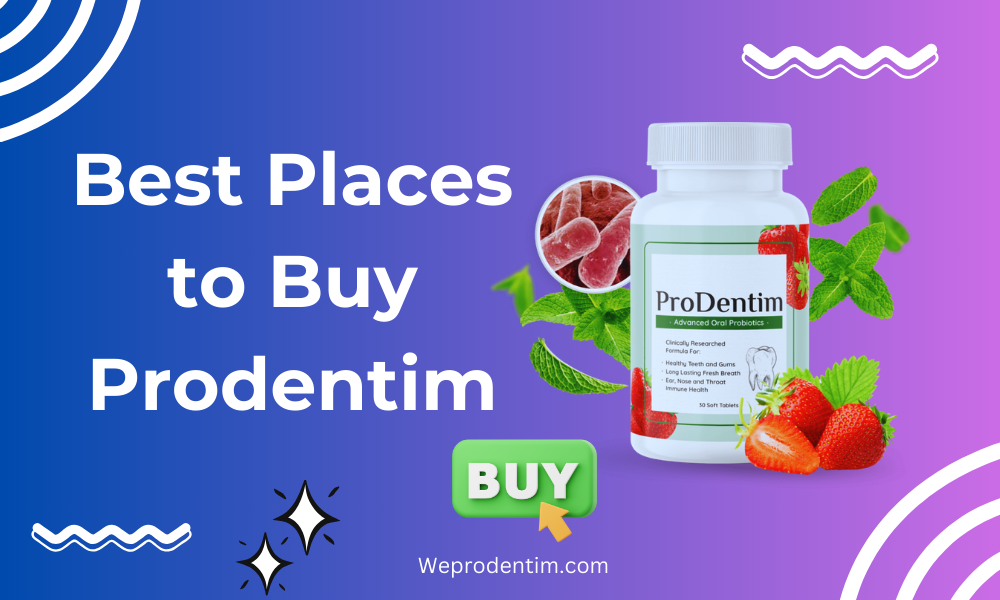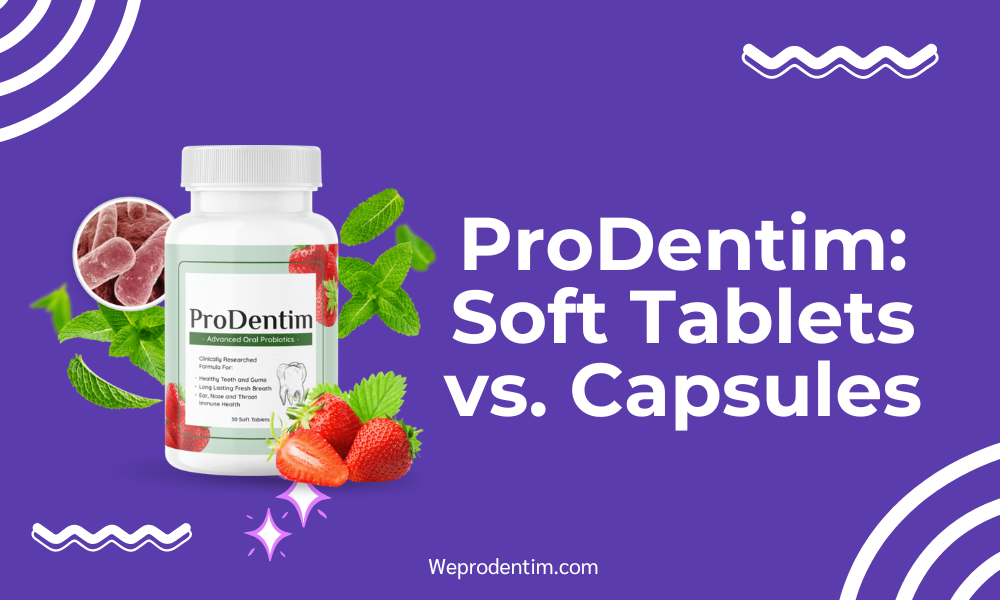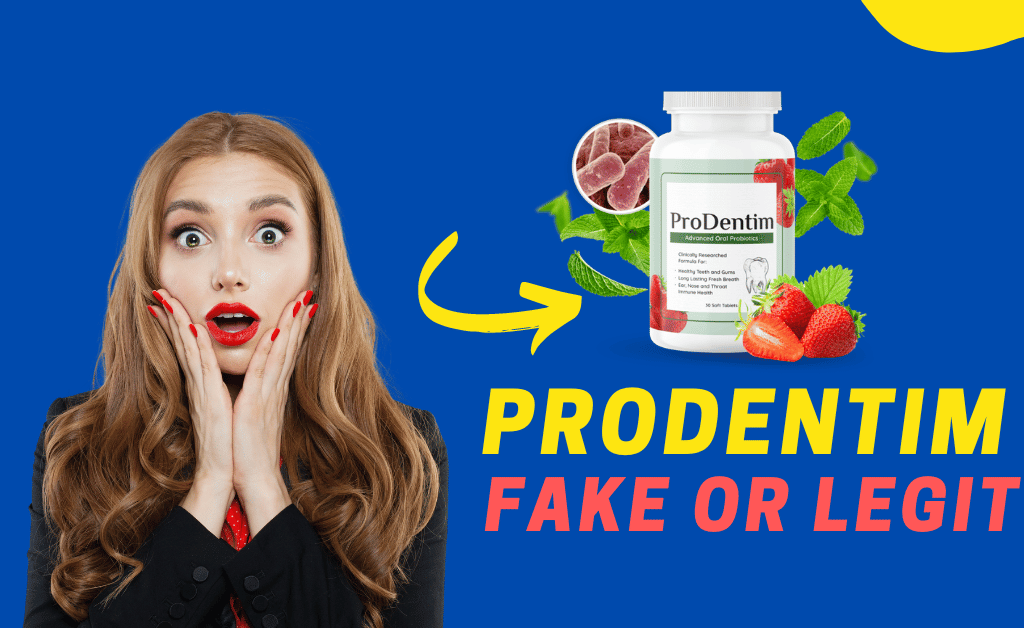Best Ways to Take Care of Your Mouth
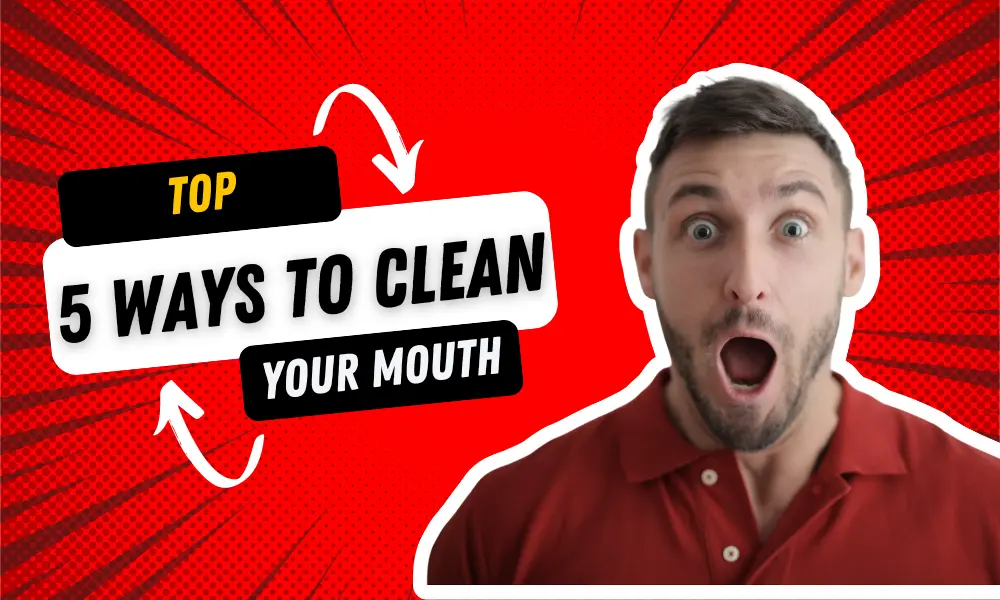
Good oral hygiene is not just about maintaining a radiant smile; it’s crucial for overall health, aiding in clear speech, the enjoyment of diverse foods, and the expression of emotions through our facial expressions. Moreover, adopting good oral hygiene practices such as proper teeth brushing, avoiding smoking and sweets, and prioritizing gum care and cavity prevention, can help ensure that one’s teeth last a lifetime.
Understanding how to take care of your teeth is fundamental, involving daily dental hygiene importance and selecting the right tools for oral care. This article delves into the essentials of oral hygiene, from the basics of daily care to the impact of diet and lifestyle on oral health, offering insights into effective strategies for keeping your mouth healthy.
The Fundamentals of Daily Oral Hygiene
Regular Brushing Technique
- Brush at least twice a day, ideally in the morning and before bedtime, using a soft-bristled toothbrush and fluoride toothpaste .
- Use small, circular motions to clean the front, back, and top of every tooth, ensuring each session lasts 2-3 minutes to effectively remove plaque and prevent gum disease.
- Replace your toothbrush every three to four months or sooner if the bristles are frayed to maintain effectiveness.
Flossing and Interdental Cleaning
- Floss daily, preferably at night, to remove dental plaque and food particles between teeth where a toothbrush can’t reach.
- Use about 18 inches of floss, wrapping most around each middle finger and leaving an inch or two to work with, ensuring a clean section for each tooth.
- Adopt a gentle up-and-down motion while keeping the floss in a C-shape against the tooth to avoid harming the gum tissue.
Additional Oral Hygiene Practices
- Brush your tongue to remove bacteria and freshen breath, which helps maintain overall mouth cleanliness.
- Utilize mouthwash to reduce bacteria, clean hard-to-reach areas, and support enamel remineralization; opt for an alcohol-free formula to avoid dry mouth.
- Stay hydrated by drinking water after meals to wash away the residues of sticky and acidic foods.
Professional and Lifestyle Recommendations
- Visit a dentist at least once a year for professional cleanings and to manage any oral health issues early.
- Limit sugary and acidic foods that can erode tooth enamel and lead to cavities.
- Consider using electric toothbrushes if manual brushing is challenging, as they can be more effective and enjoyable, especially for children.
Choosing the Right Tools
Toothbrush Selection
- Bristle Type: Soft bristles are recommended as they are gentle on both gums and enamel while still being effective in removing plaque.
- Toothbrush Size and Shape: Choose a toothbrush whose head comfortably fits in your mouth and allows access to all areas, ensuring thorough cleaning.
- Manual vs. Electric: Electric toothbrushes are suggested for those with limited manual dexterity or specific dental conditions, as they can enhance plaque removal.
- Recommended Products: Consider MamaP Bamboo Toothbrushes, Tom’s Naturally Clean Toothbrush, or Philips Sonicare 9900 Prestige for optimal dental care.
Toothpaste and Fluoride Use
- Fluoride Importance: Fluoride strengthens teeth and aids in decay prevention. It is crucial to use toothpaste with adequate fluoride content.
- Specialized Toothpaste: Depending on individual needs, select toothpaste formulated for sensitive teeth, gum health, or whitening. Recommended products include Davids Sensitive+Whitening and Crest Densify.
Flossing Essentials
- Choosing the Right Floss: Waxed floss is preferable for its ease of use in tight spaces.
- Flossing Technique: Use about 18 inches of floss, handle it carefully to avoid gum damage, and ensure thorough cleaning by adopting a ‘C’ shape around each tooth.
- Recommended Floss Brands: Tom’s of Maine Naturally Waxed Antiplaque Flat Floss and Cocofloss are excellent choices.
Additional Dental Tools
- Water Flossers: Especially beneficial for individuals with braces or implants. Recommended models include Waterpik Sonic-Fusion 2.0 and Quip Rechargeable Water Flosser.
- Tongue Cleaners: To maintain fresh breath and overall cleanliness, consider using DrTung’s Tongue Cleaner or Snow The Tongue Cleanser.
By selecting the right tools tailored to individual dental needs and preferences, one can significantly enhance their daily oral hygiene routine.
Professional Dental Care and Regular Check-ups
Importance of Regular Dental Visits
Regular dental check-ups are crucial not only for maintaining oral health but also for early detection of potential issues. Visiting a dentist at least once a year is recommended, although those with specific dental needs may require more frequent visits. During these check-ups, dental professionals perform comprehensive exams that include cleaning teeth to remove tartar and plaque, checking for signs of decay, and conducting oral cancer screenings.
The Role of Dental Hygienists
Dental hygienists play a vital role in preventive oral health care. They are well-trained professionals, often holding at least an Associate’s degree, who perform cleanings, check for oral diseases, and provide educational advice on proper dental care. Regular interactions with dental hygienists can help prevent dental diseases and maintain overall oral hygiene.
Scheduling and Costs
The frequency of dental visits can vary based on individual oral health status. Generally, a check-up every six months is advisable, but those at higher risk for dental diseases might need to visit more often 214. For those without dental insurance, the cost of a check-up and cleaning can range between $80-$200, potentially higher if extensive cleaning or X-rays are needed.
Preventive Care and Early Detection
Regular dental appointments allow for the early detection of oral health issues such as gingivitis, cavities, and even mouth cancer. Early intervention can prevent these conditions from worsening, thus saving costs and avoiding more extensive dental procedures in the future. Dentists also provide personalized advice and treatment plans during these visits, ensuring tailored care that meets the specific needs of each patient.
The Benefits of Consistent Dental Check-ups
Maintaining a regular schedule of dental check-ups is essential for long-term oral health. These visits serve as a preventive measure, helping to avoid the development of serious dental problems. They also provide an opportunity for patients to discuss any concerns with their dentist and receive professional guidance on improving their oral hygiene practices at home 1516.
Diet and Lifestyle Factors Affecting Oral Health
Impact of Diet on Oral Health
- Limit Sugary Foods and Drinks: Consuming excessive sweets and sugary beverages can lead to dental caries due to the demineralization of tooth enamel. It is advisable to eat a well-balanced diet and restrict intake of these items to maintain oral health.
- Increase Fiber Intake: Eating fibrous fruits and vegetables, as well as wholemeal foods, can stimulate saliva flow, which helps in natural teeth cleaning and decay prevention.
- Cheese and Dairy Products: Including cheese and other dairy products in snacks can be beneficial for teeth as they help in neutralizing acids in the mouth, thus reducing the risk of tooth decay.
Lifestyle Choices and Oral Health
- Avoid Tobacco and Excessive Alcohol: Tobacco products and excessive alcohol consumption can increase the risk of oral cancers and other dental diseases. It is crucial to avoid these substances to maintain optimal oral health.
- Proper Diabetes Management: For individuals with diabetes, managing the disease effectively is essential as it helps in reducing the risk of developing gum diseases.
- Adequate Hydration: Drinking fluoridated water throughout the day helps in protecting teeth by aiding in remineralization. Additionally, drinking water before bedtime without any added flavors or sugars can prevent acid buildup and protect enamel.
Nutritional Deficiencies and Oral Health
- Protein and Vitamin Deficiencies: Insufficient intake of proteins and vitamins like Vitamin D and A can lead to oral health issues such as atrophy of the lingual papillae and hypoplasia of the enamel.
- Impact of Carbohydrates and Lipids: An imbalanced intake of carbohydrates and lipids may lead to various oral health issues, including periodontal diseases and dental caries.
- Role of Saliva in Oral Health: Saliva maintains a pH that favors remineralization; however, an imbalance caused by diet can lead to demineralization and the development of carious lesions.
Oral Health and Systemic Health
- Nutritional Support in Disease: Adequate nutrition plays a critical role in managing systemic diseases that can indirectly affect oral health, such as by impacting inflammatory processes and immune system functionality.
- Connection Between Diet and Oral Cancer: Diets low in vitamins and other essential nutrients can increase the risk of oral cancer. Nutrients like Vitamins A, E, C, and Beta Carotene have properties that may help inhibit the growth of malignant lesions.
These guidelines emphasize the integral role of diet and lifestyle in maintaining oral health, underscoring the importance of making informed choices to prevent dental diseases and promote overall well-being.
Conclusion
Throughout this article, we explored the multifaceted approach to achieving and maintaining optimal oral health. From the fundamentals of daily oral hygiene, including regular brushing and flossing, to the importance of professional dental care and the impactful role of diet and lifestyle choices, we’ve established a comprehensive guide for nurturing a healthy mouth. Recapping these points underlines the article’s core message: good oral hygiene is an essential, ongoing commitment that significantly benefits one’s overall health and quality of life.
